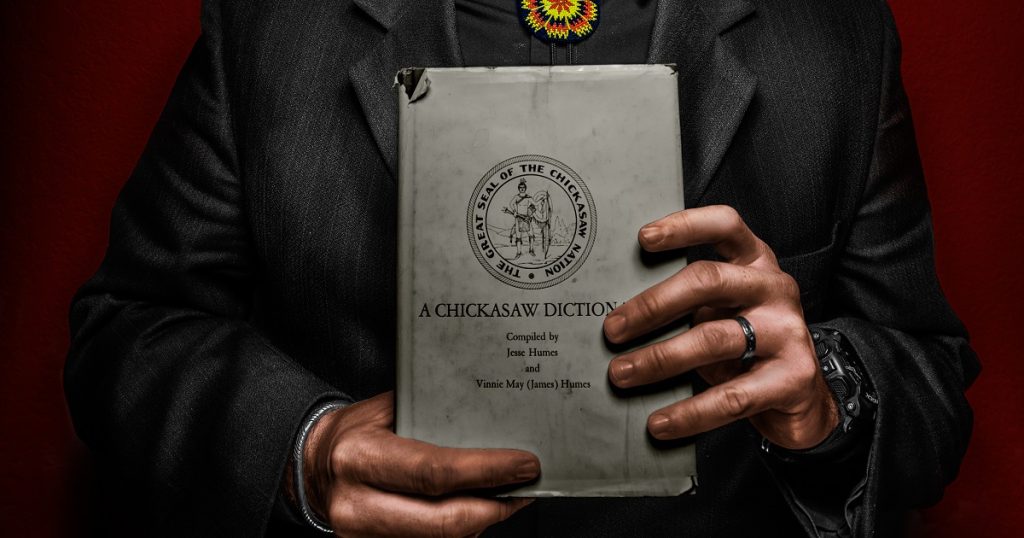Indigenous Archaeologies
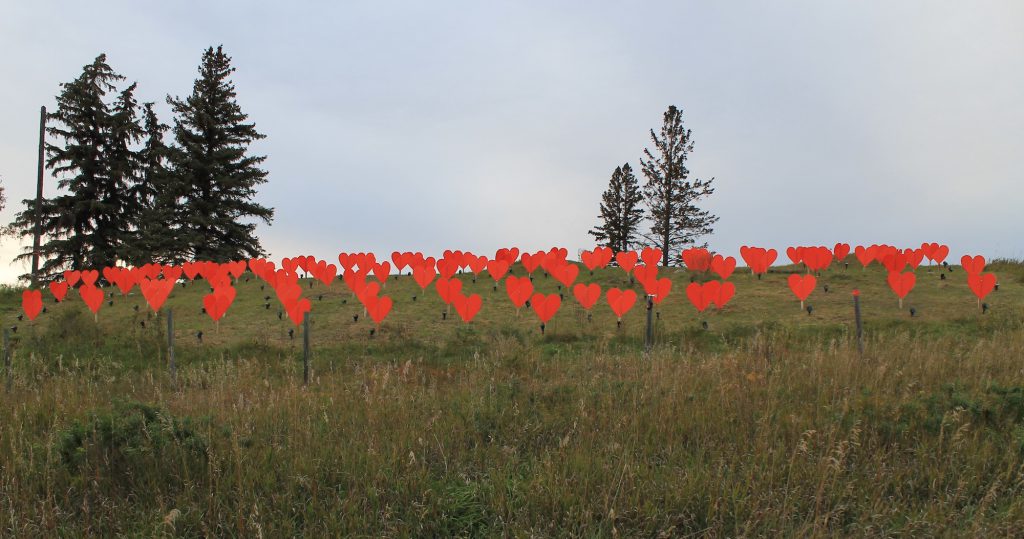
In this unit, students will learn about archaeology being conducted by, for, and with Indigenous peoples. They will read about ethical practices and viewpoints in Indigenous archaeologies that are reshaping the possibilities for collaborative work and the potential for archaeological projects to be driven by the needs of the communities it impacts.

Why the Myth of the “Savage Indian” Persists
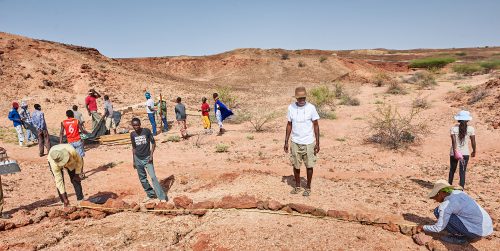
Raising Up African Paleoanthropologists

An [un]Heroic Journey

Forest as Kin and Pantry in the Himalayas

How Cultural Knowledge Sustained Desert Farms in the Ancient Andes

Earworm

How Heavy Metal Fuels Indigenous Revival in Patagonia

Launching Starship in South Texas

Uncovering an Archaeology of U.S. Empire in Panama

How Cultural Knowledge Sustained Desert Farms in the Ancient Andes

Excavating the Traces of Ice Age Foragers

Ancient Tools in East Asia Reveal Middle Paleolithic Innovation

When Wartime Plunder Comes to Campus

The Hopes and Hazards for AI in Reconstructing Ancient Worlds
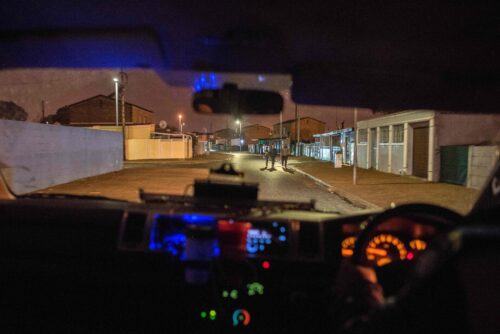
The Tangled Roots of Corruption in Today’s South Africa

Salt and Paper in Bureaucratic Jerusalem
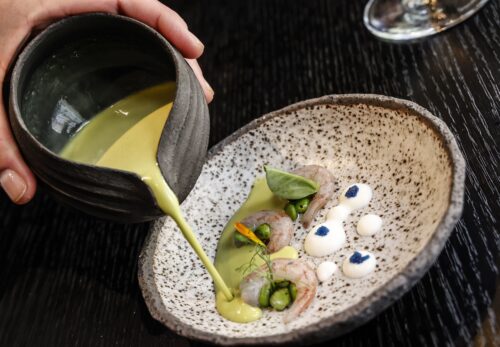
What’s Behind a Michelin Star?

An [un]Heroic Journey

Uncovering an Archaeology of U.S. Empire in Panama

Shading U.S. Empire in Puerto Rico’s Ballroom Scene
- There is no one Indigenous archaeology but rather a plurality of approaches conducted by, for, and with Indigenous peoples.
- Explore the ways that Indigenous archaeologies challenge “traditional” processual archaeology in terms of topics, participatory methods, and commitments to using the field to advance justice, reconciliation, and healing.
- Consider how Indigenous archaeologies are a means of decolonizing scientific and heritage practices. What does “decolonization” (a process) mean and how does it differ from being “postcolonial” (a state)?
-
Acabado, Stephen, Marlon Martin, and Francisco Datar. 2017. “Ifugao Archaeology: Collaborative and Indigenous Archaeology in the Northern Philippines.” Advances in Archaeological Practice 5: 1–11.
-
Atalay, Sonya. 2006. “Indigenous Archaeology as Decolonizing Practice.” American Indian Quarterly 30 (3 & 4): 280–310.
-
Laluk, Nicholas C. 2020. “Changing How Archaeology Is Done in Native American Contexts: An Ndee (Apache) Case Study.” Journal of Social Archaeology 21 (1): 53–73.
-
Two Bears, Davina. 2006. “Navajo Archaeologist Is Not an Oxymoron: A Tribal Archaeologist’s Experience.” American Indian Quarterly 30 (3 & 4): 381–387.
- What is the relationship between archaeology and colonialism?
- According to Acabado et al. (2017), what is the difference between seeing Indigenous peoples as contributors and viewing them as co-investigators or collaborators in archaeological research?
- What kinds of changes in ethics does Indigenous archaeology require?
- How do key viewpoints of Indigenous archaeology differ from older approaches?
- What kinds of changes might come about when more Indigenous people becoming trained archaeologists?
- Draw up a list of best practices for archaeologists working with Indigenous communities or on ancestral Indigenous lands based on the articles.
- Listen to an episode of season 4 of the SAPIENS podcast and take note of the general themes. Pick one and write a one-page response about how it relates to the content of the articles in this unit.
- Have each student pick a topic they would be interested in studying and have them explain how they would incorporate the principles of Indigenous archaeological practice into their proposal.
- Have students select a topic mentioned in the readings and create a theory map like the one featured below. Possible topics include: an introduction to archaeology terms, Indigenous archaeologies’ foundational principles, artifacts versus belongings, and how to do community-led archaeology.
-
Article: Smithsonian magazine’s “The Archaeologist Who Helped Mexico Find Glory in Its Indigenous Past”
-
Podcast: SAPIENS Season 4 Black and Indigenous Archaeologies
-
Statement: The Australian Indigenous Archaeologists Association
-
Webinar: Wenner-Gren Foundation’s “Reclaiming the Ancestors: Indigenous and Black Perspectives on Repatriation, Human Rights, and Justice”
-
Webinar: Wenner-Gren Foundation’s “‘For the Welfare of the Whole People’: Heritage Stewardship in Indigenous and Black Communities”
-
Webinar: Wenner-Gren Foundation’s “Black and Indigenous Futures”
Eshe Lewis (2021)
Language and Identity
